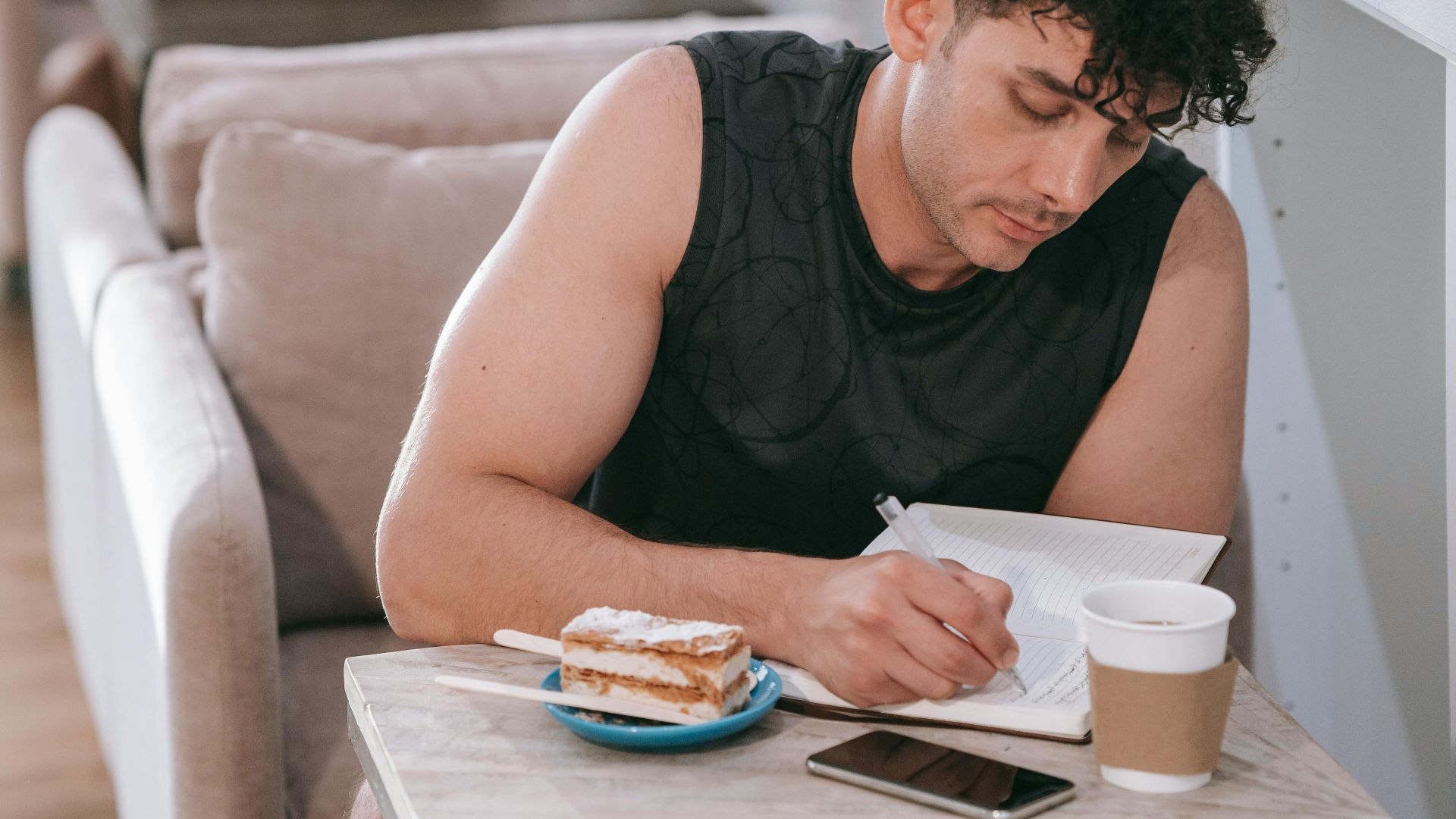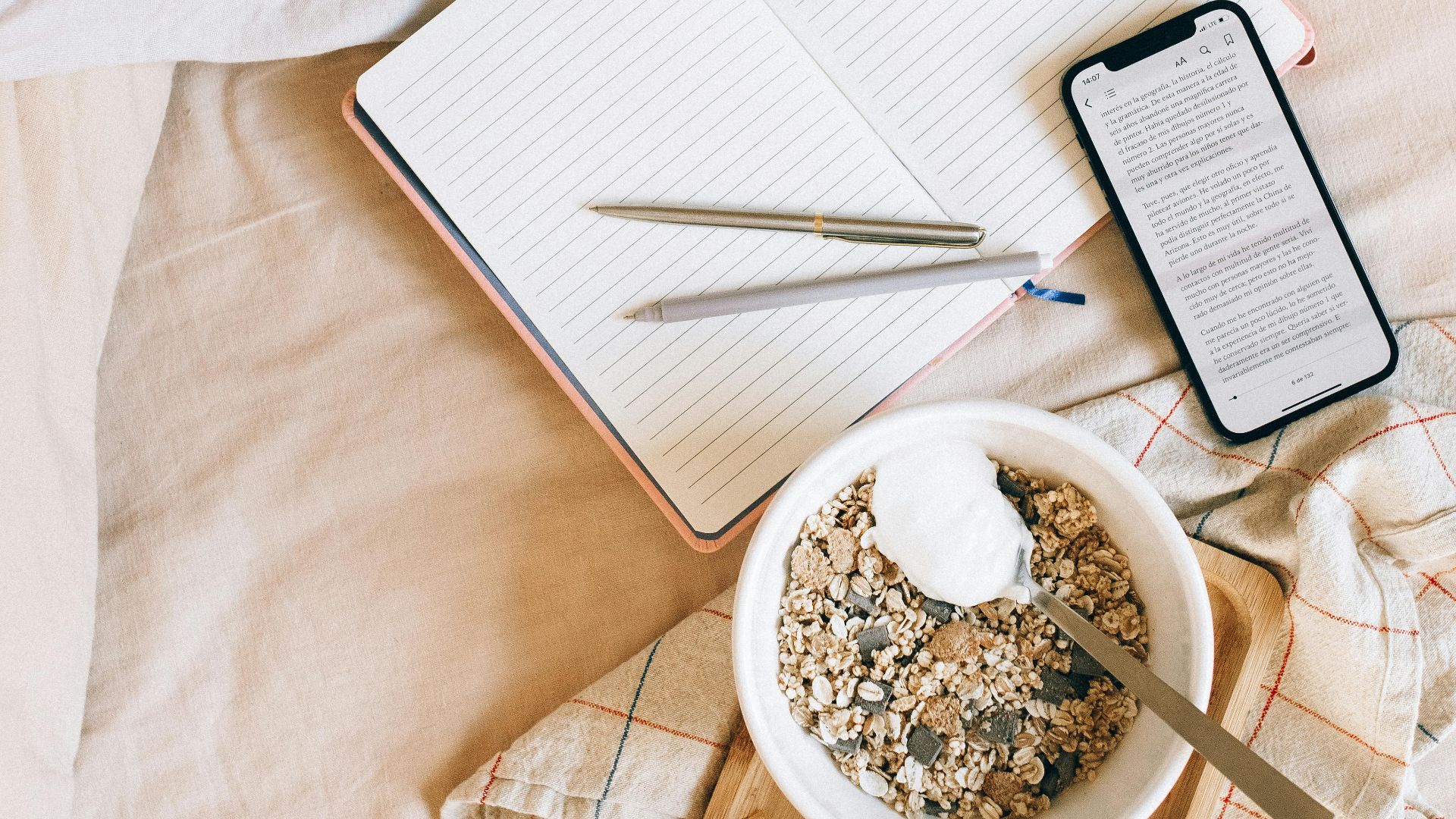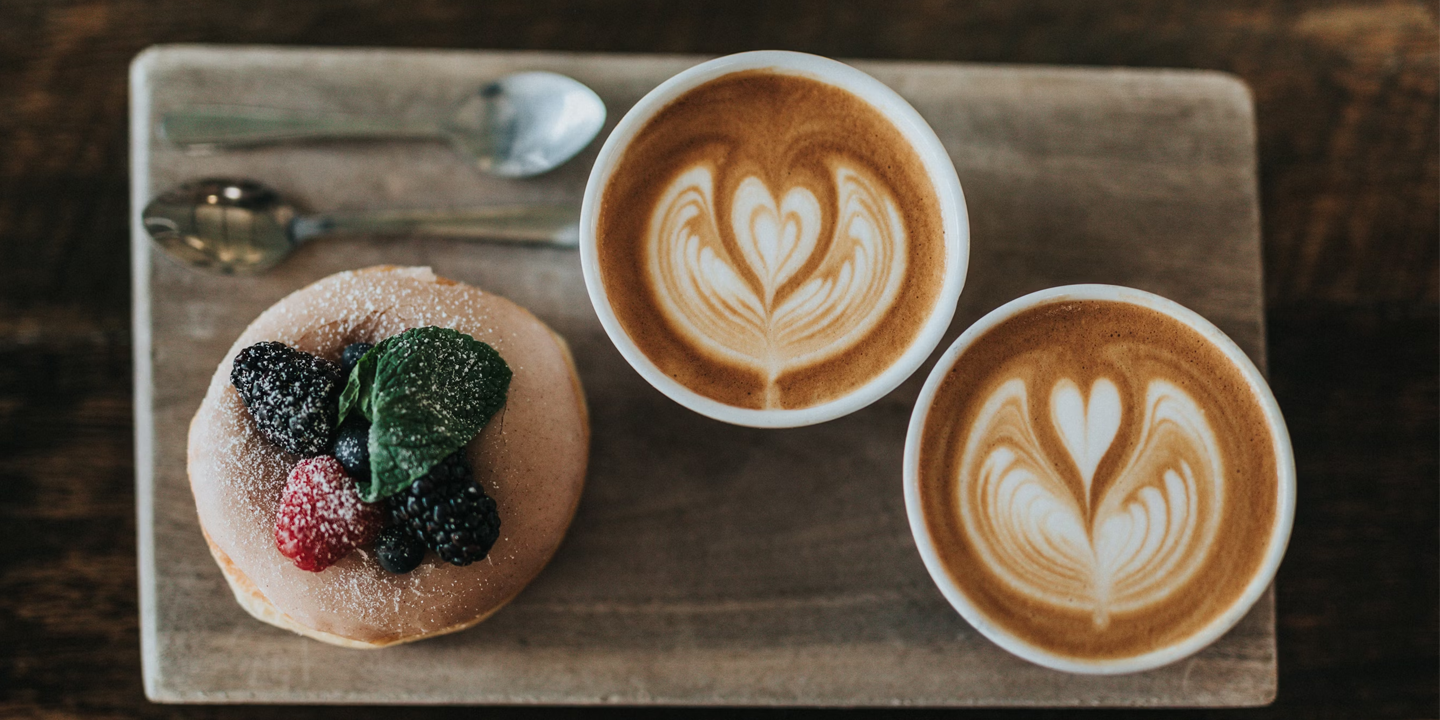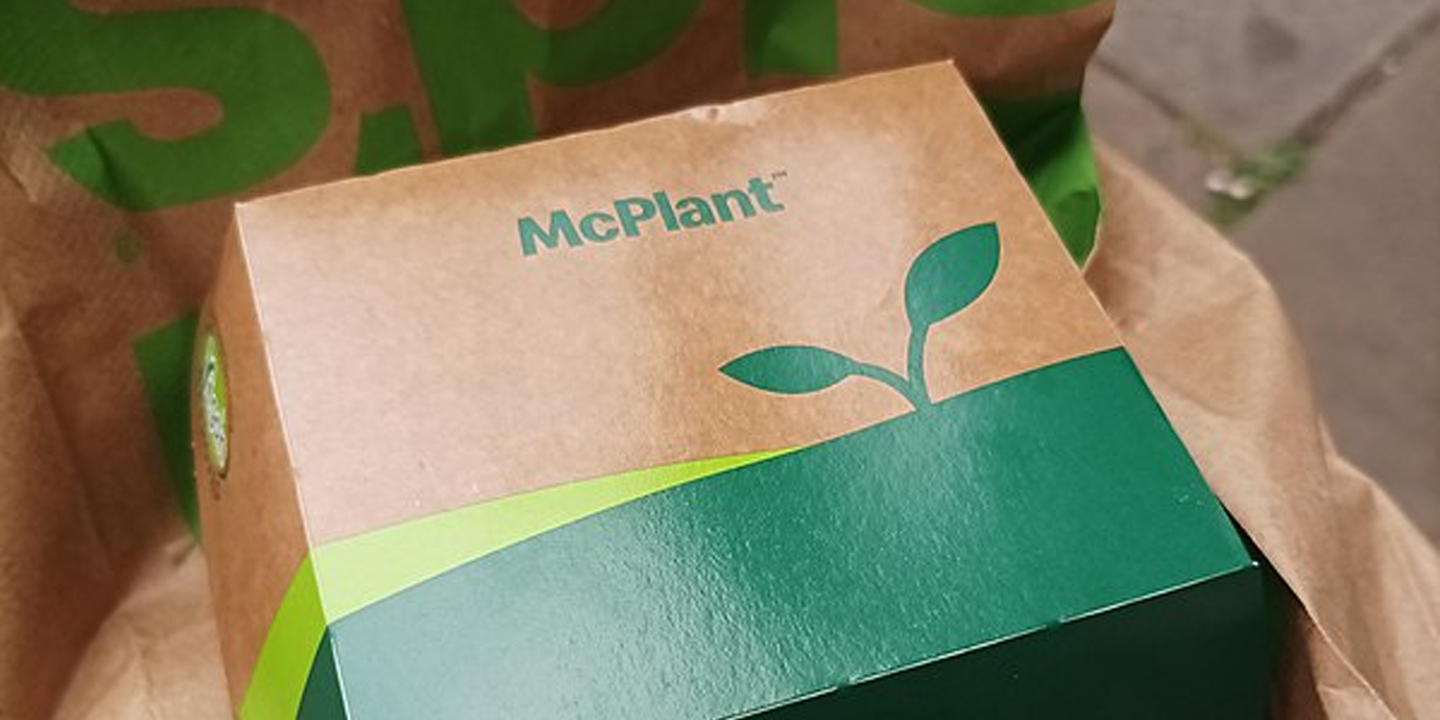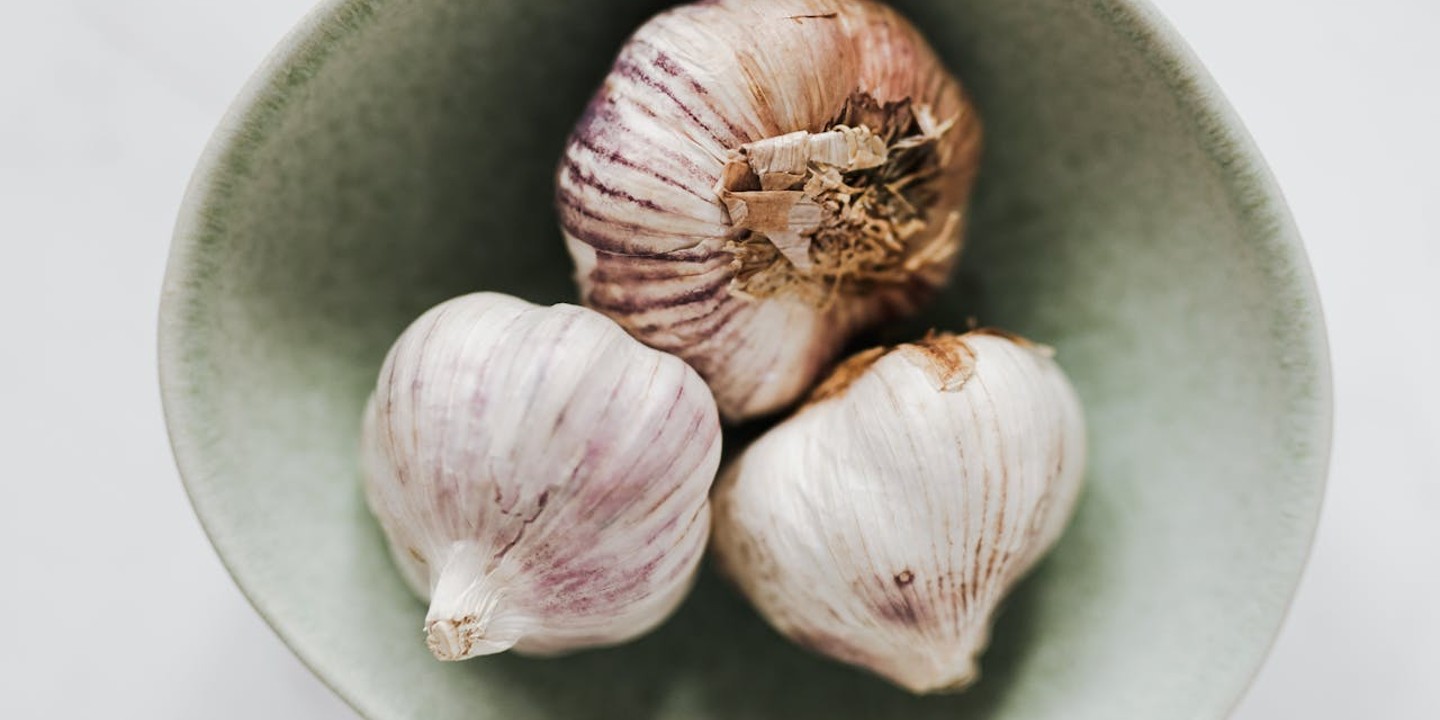Keeping a food diary can feel both insightful and exhausting. On one hand, it offers clarity, and on the other, it can become a chore that steals the joy from mealtimes. The truth lies somewhere in between. Some find freedom in awareness; others feel trapped by it.
So, let’s find out what really happens when you start writing down everything you eat.
The Pros
A food diary acts like a mirror, reflecting your daily choices in a way memory alone never could. Once you start logging, patterns begin to emerge. You notice how often you reach for chips while watching TV or skip breakfast before a busy morning. That awareness is powerful, as it turns automatic behavior into mindful decision-making.
Over time, small realizations turn into meaningful change. Many people find they naturally adjust portion sizes or reduce mindless snacking without strict diets. The diary doesn’t tell you what to eat; it helps you listen. Plus, seeing your meals written down builds accountability.
Food diaries also create a bridge between what you eat and how you feel. Jotting down moods, energy levels, or even digestion issues alongside meals can reveal patterns you might never have connected. Perhaps your afternoon slump isn’t about caffeine withdrawal but that heavy sandwich at lunch.
In short, a food diary can help you:
Build awareness of hidden habits.
Stay accountable to realistic goals.
Understand emotional or physical triggers.
Personalize nutrition to your needs.
Cultivate gratitude and mindfulness around food.
Still, every habit has two sides. While food diaries can help, they can also overwhelm.
The Cons
Tracking what you eat sounds simple until you have to do it every single day. One of the biggest drawbacks is mental fatigue. Remembering to log meals, measure portions, or estimate calories takes time and energy. After a few weeks, the excitement fades, replaced by guilt when you forget to record.
That guilt can snowball. For some people, the diary becomes a silent critic instead of a helpful guide. Missing a day feels like failure. Eating dessert feels like breaking a rule. What started as self-awareness slowly turns into self-surveillance. This can be particularly harmful for anyone with a history of disordered eating or body image struggles.
There’s also the risk of losing spontaneity. Meals shared with friends or holidays filled with comfort food shouldn’t feel like tasks to document. Over-focusing on details may disconnect you from the pleasure and community that make eating meaningful.
So, the downsides usually include:
Mental fatigue from daily tracking.
Guilt or anxiety is tied to food choices.
Inaccuracy in recording meals.
Loss of spontaneity and enjoyment.
Risk of triggering unhealthy thought patterns.
Finding Balance
In the end, a food diary can be both teacher and test. Used wisely, it shines light on habits that quietly shape your health. Used harshly, it magnifies pressure and guilt. The choice lies in approach. Keep it kind, keep it temporary, and let it lead you toward awareness rather than perfection.


